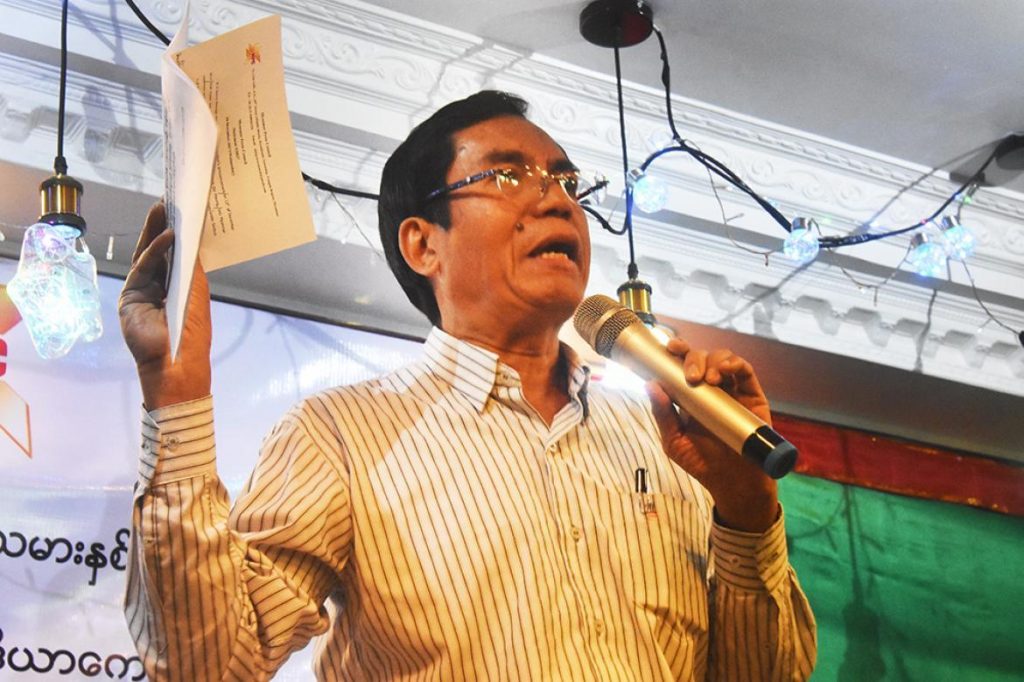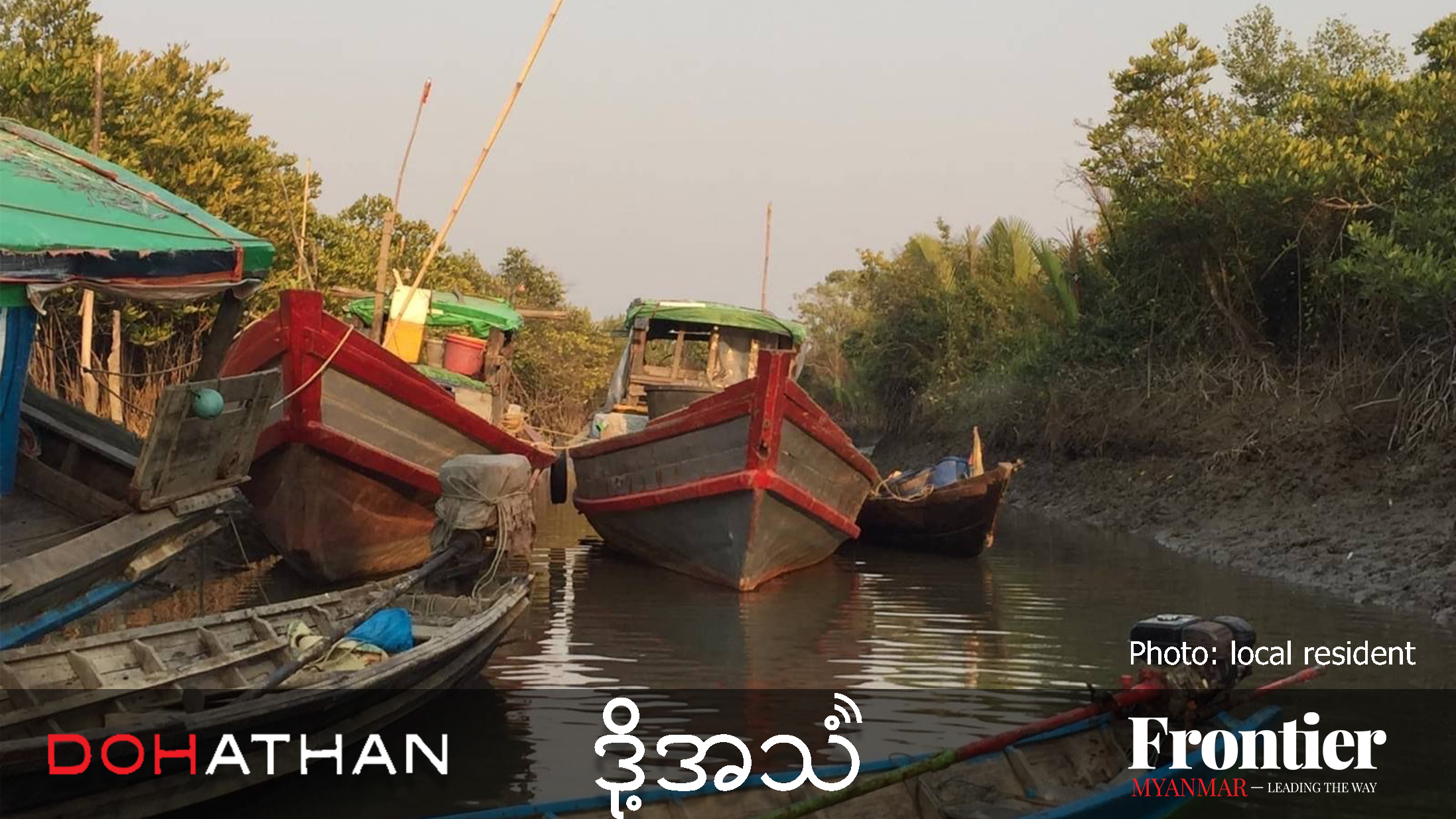By MRATT KYAW THU | FRONTIER
YANGON — The Union government appointed veteran journalist U Aung Hla Tun as Deputy Minister for Information, elevating a strident critic of foreign media as the country reels from international condemnation over last year’s crisis in Rakhine State.
The President’s Office announced the new post for Aung Hla Tun, a 20-year employee of the UK-based international news wire Reuters and a former chairman of the Foreign Correspondents Club of Myanmar, in a statement on Monday night.
Since leaving Reuters in 2015, the Rakhine State native sat as vice chairman of the Myanmar Press Council, a forum he has used in recent months to accuse foreign journalists of publishing coverage deliberately biased against the government.
Speaking at a Nay Pyi Taw media conference in August, Aung Hla Tun said “the greatest responsibility of media today in Myanmar is safeguarding our national image”, which he said had been compromised by “unethical” reports by international media.
Support more independent journalism like this. Sign up to be a Frontier member.
“From what I understand, his stance on the Rohingya issue is attractive to both the government and military,” Myanmar Journalism Institute director U Sein Win told Frontier on Tuesday. “So he will be specifically assigned to tackle this issue with respect to dealing with foreign media.”
Sein Win told Frontier that he did not believe the appointment would result in any significant change on the government’s responsiveness to media enquiries or Myanmar’s overall press freedom landscape, likening Aung Hla Tun’s new position to “old wine” in a new bottle.
Media freedom in Myanmar has been under scrutiny following the arrests of several high profile journalists in the last year, including two reporters from Aung Hla Tun’s former employer.
The Reuters duo, charged last week under the Official Secrets Act, are believed to have been arrested while investigating a mass grave in the northern Rakhine village of Inn Din.
Following their arrest, a statement from the office of Tatmadaw chief Senior General Min Aung Hlaing conceded that some soldiers had been complicit in the execution of 10 Rohingya villagers in Inn Din, contradicting an earlier report from the military that its forces had not committed human rights abuses during the crackdown in Rakhine State last year.
Numerous Myanmar journalists took to Facebook to congratulate Aung Hla Tun on his appointment after it was announced, welcomed by sections of the local media and viewed with trepidation by foreign journalists, who have been subject to increased restrictions in the wake of the Rakhine crisis.
Visa applicants from abroad have been required to wait more than a fortnight for approvals, submit detailed itineraries and sign a declaration promising not to visit areas deemed security operation zones.
Mr Paul Mooney, a former Reuters bureau chief in Yangon from 2014-15, who worked alongside Aung Hla Tun, said the government had chosen to draft into its ranks “a man who is known in media and other circles for his blatant bias against Muslims.”
“Since leaving Reuters and taking up his position as vice chairman of the Myanmar Press Council, he’s continued to openly express these biases against Muslims while also making wild and unsubstantiated accusations regarding the objectivity of the international media,” he said.
“This is disturbing, because as someone who worked for Reuters for more than 20 years, Aung Hla Tun certainly knows what he’s been saying is not true.”
Aung Hla Tun said he had no comment on his appointment when contacted by Frontier on Tuesday. MPC chairman U Thiha Saw could not be reached for comment.
Additional reporting by Sean Gleeson.







